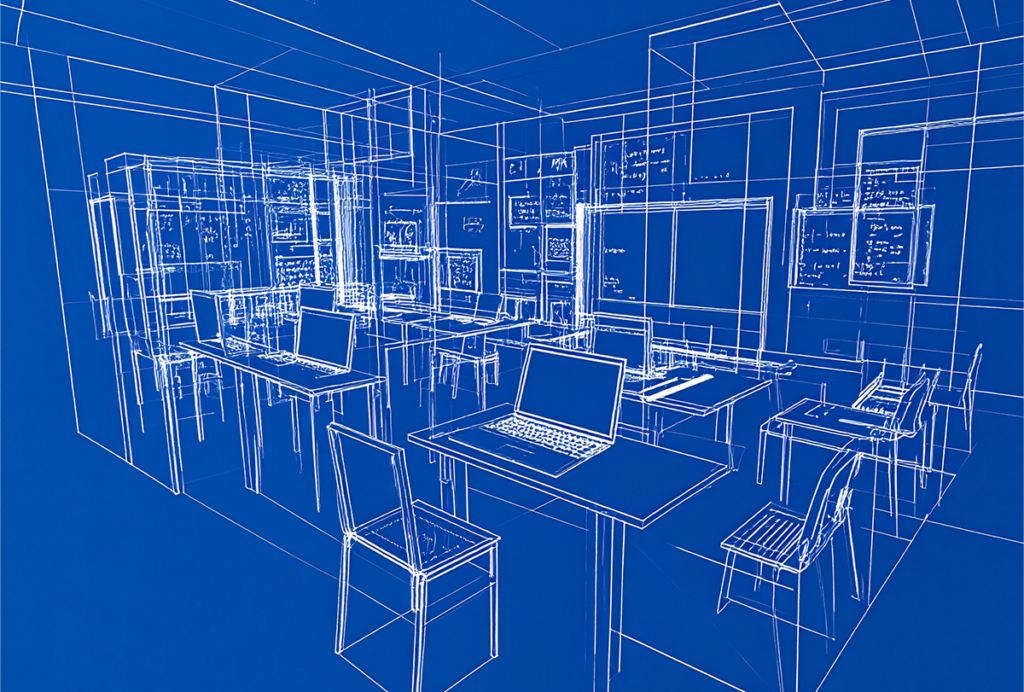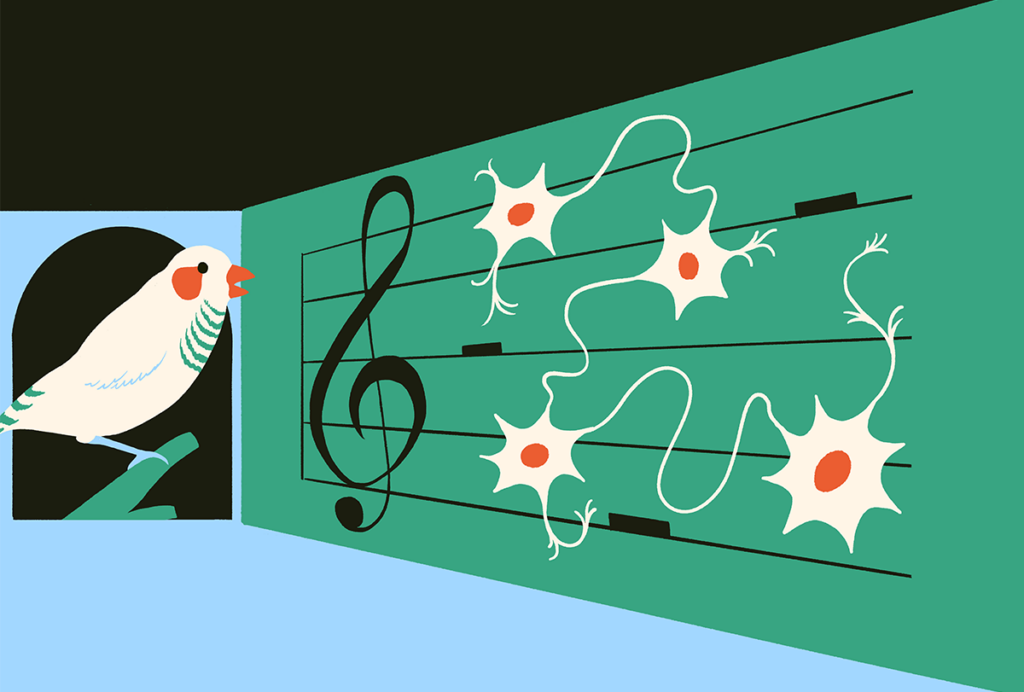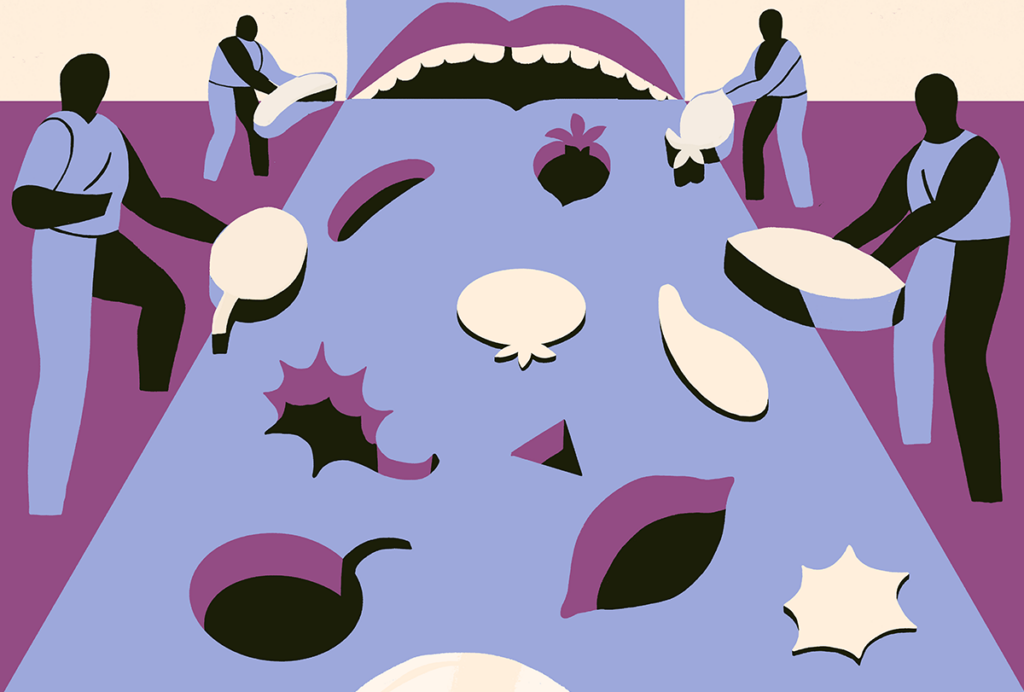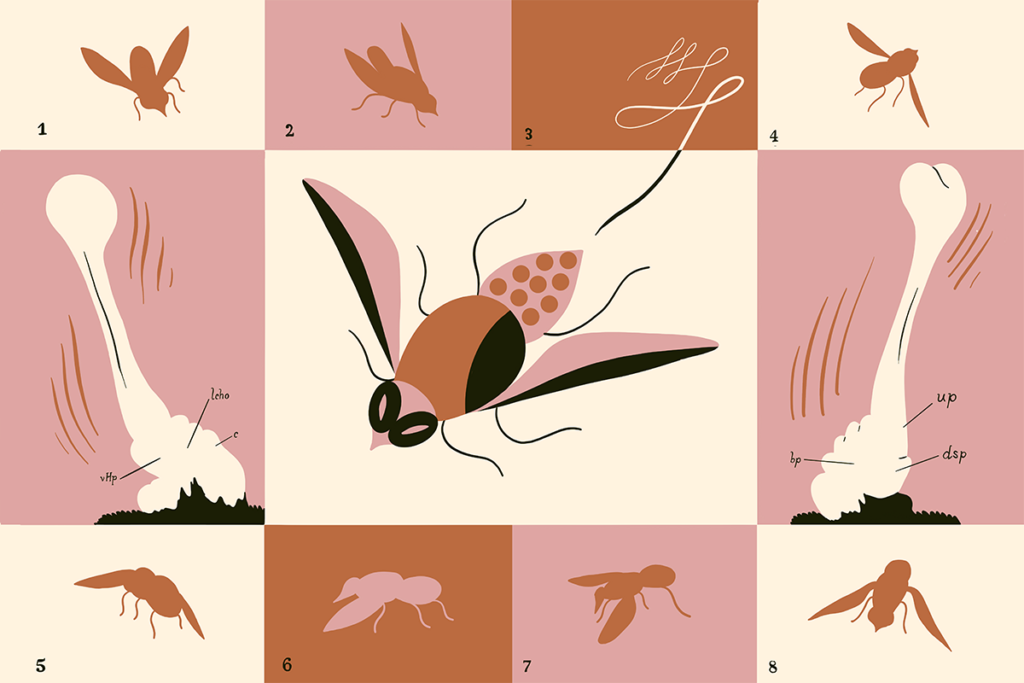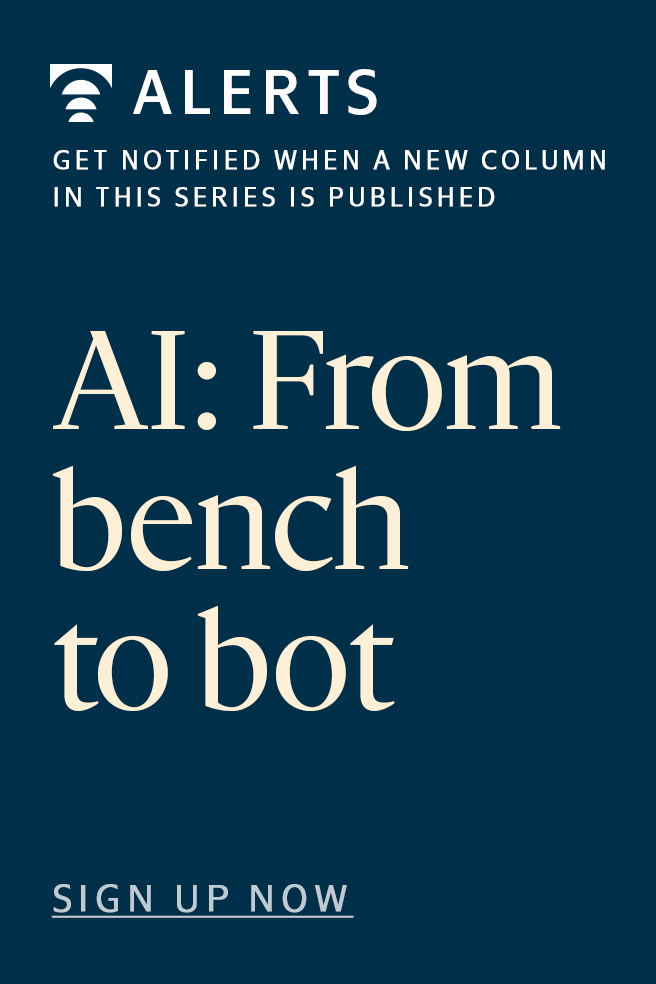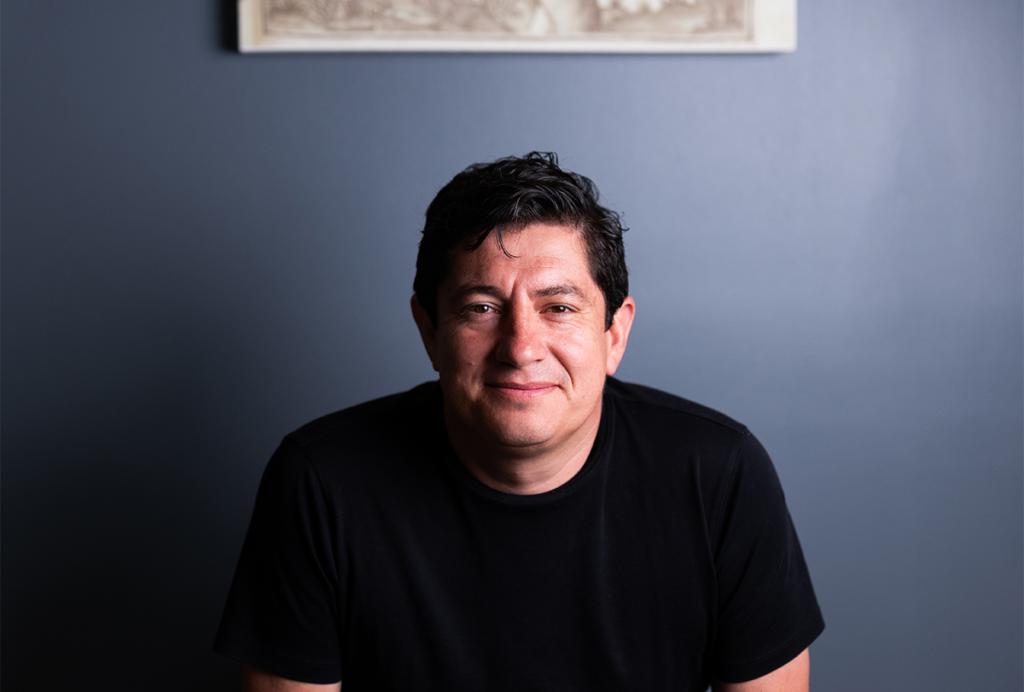The Transmitter: Neuroscience News and Perspectives
Featured

From bench to bot: Why AI-powered writing may not deliver on its promise
Bringing neuroscience to rural Mexico: In conversation with Mónica López-Hidalgo
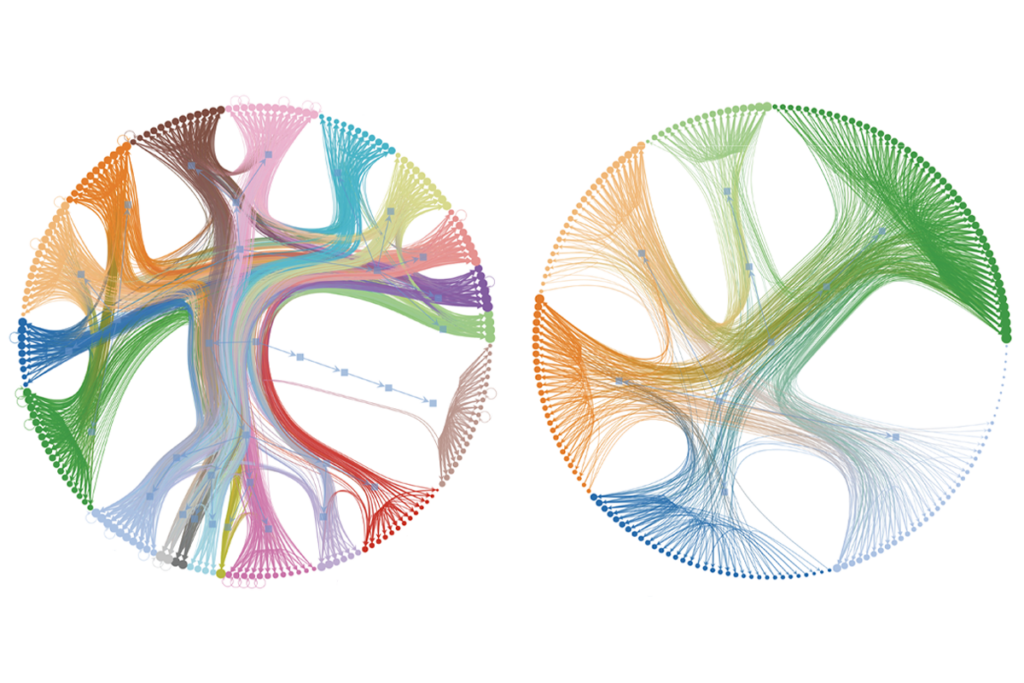
Worms help untangle brain structure/function mystery
Latest
The Transmitter’s reading list: Six upcoming neuroscience books, plus notable titles in 2025
Xaq Pitkow shares his principles for studying cognition in our imperfect brains and bodies
Long-standing theoretical neuroscience fellowship program loses financial support
Today’s action potentials
”To make this [science education] accessible for all, we need to go to them. We don’t need to teach them English to come to us. — MÓNICA LÓPEZ-HIDALGO, ASSOCIATE PROFESSOR, UNIVERSIDAD NACIONAL AUTÓNOMA DE MÉXICO
Upcoming Webinars
Astrocytes: From Metabolism to Cognition
The tubulin code in neuron health and disease : focus on de…
Llevando la neurociencia al México rural: En conversación Mónica López-Hidalgo
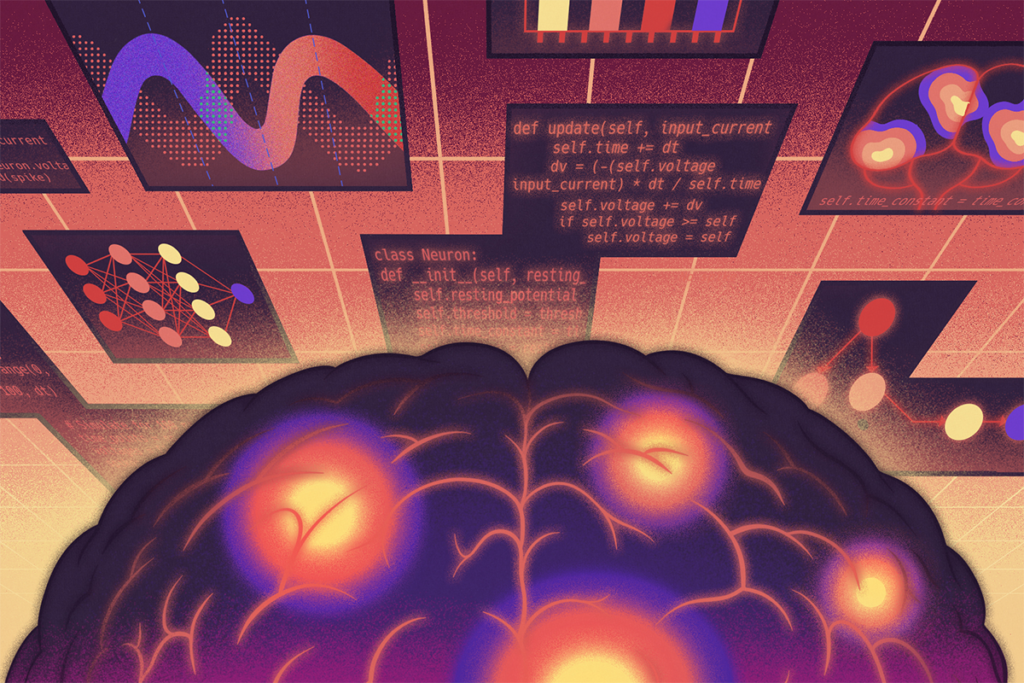
Should neuroscientists ‘vibe code’?
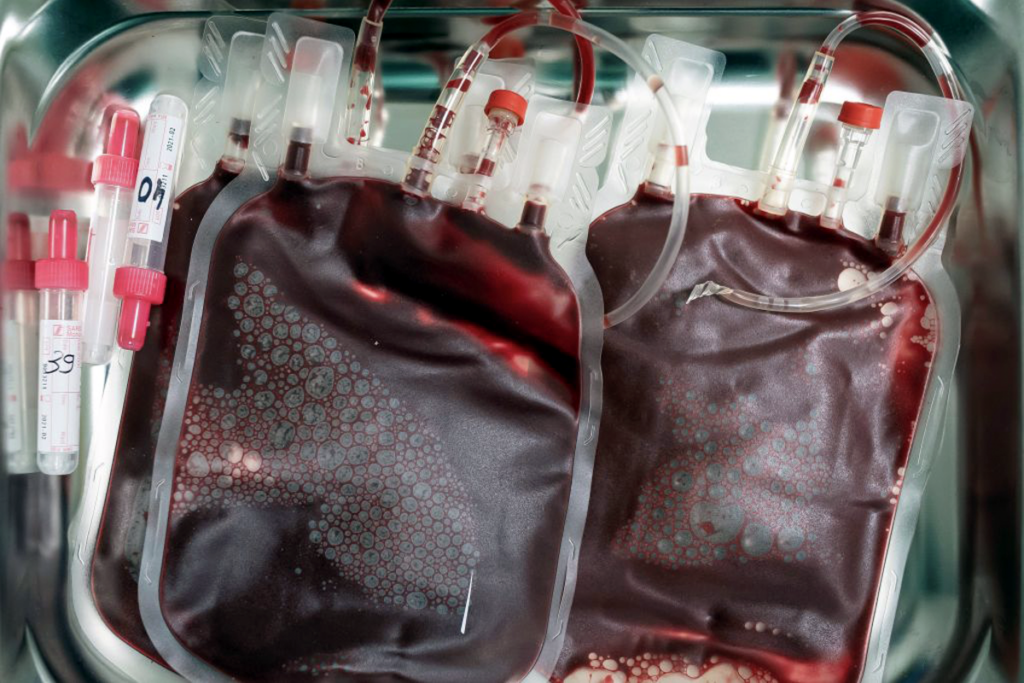
Why hype for autism stem cell therapies continues despite dead ends
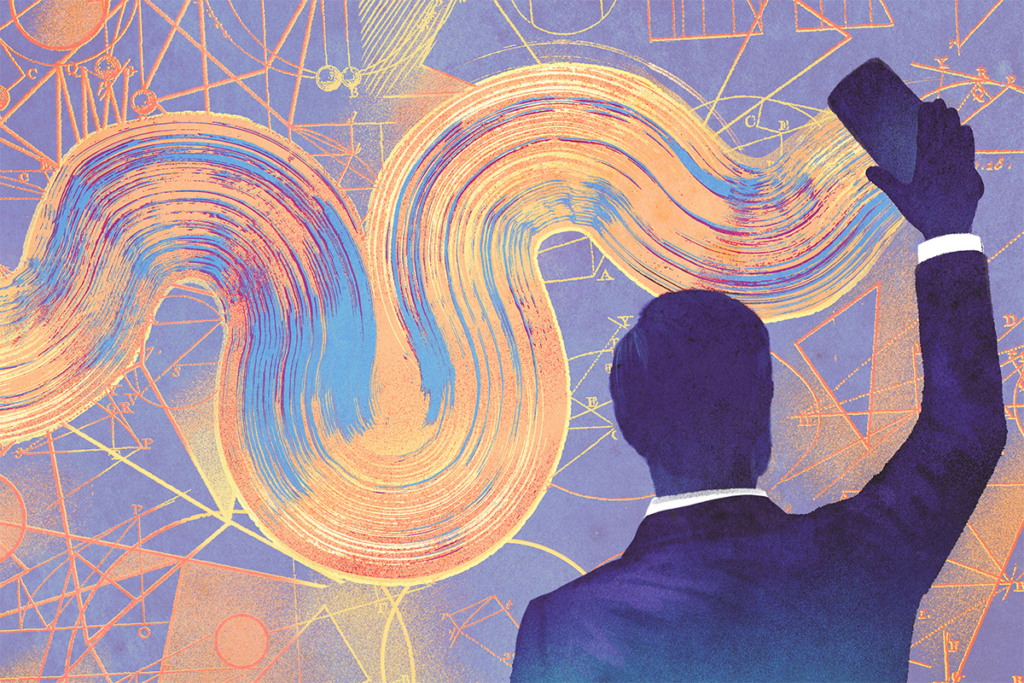
Deleting data or stopping its collection will erase years of valuable brain research

Why hype for autism stem cell therapies continues despite dead ends

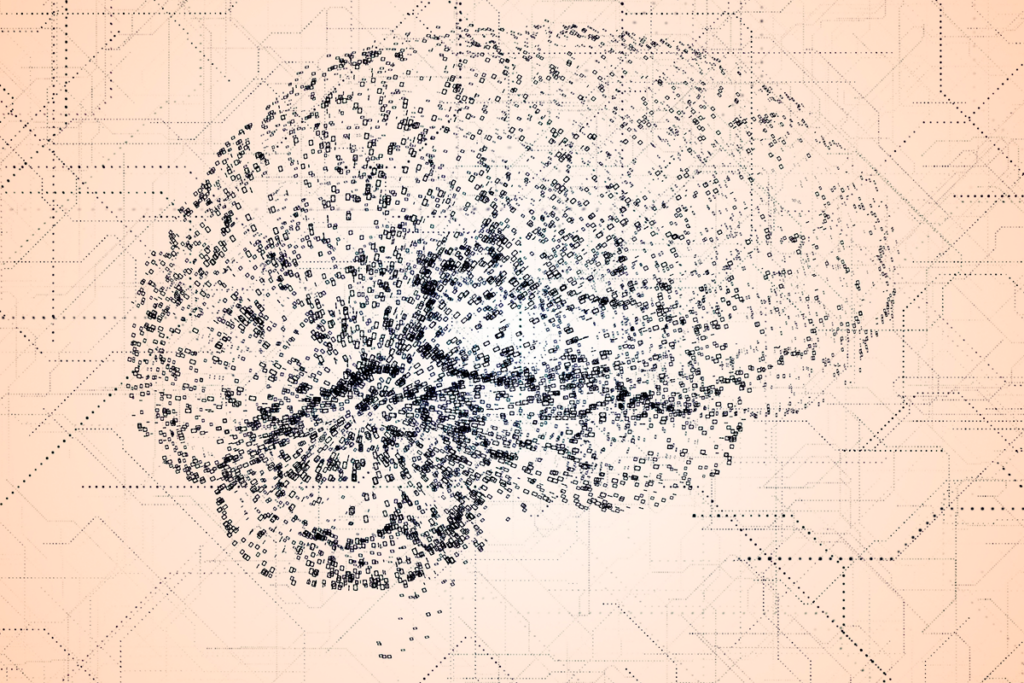
Long-standing theoretical neuroscience fellowship program loses financial support
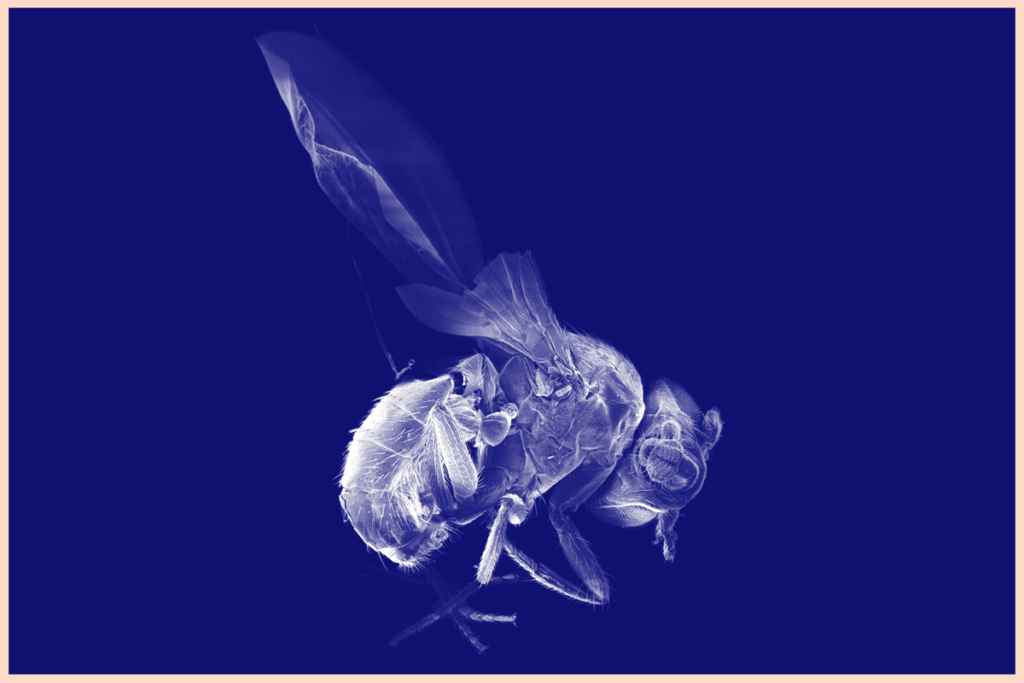
Exclusive: Harvard University lays off fly database team
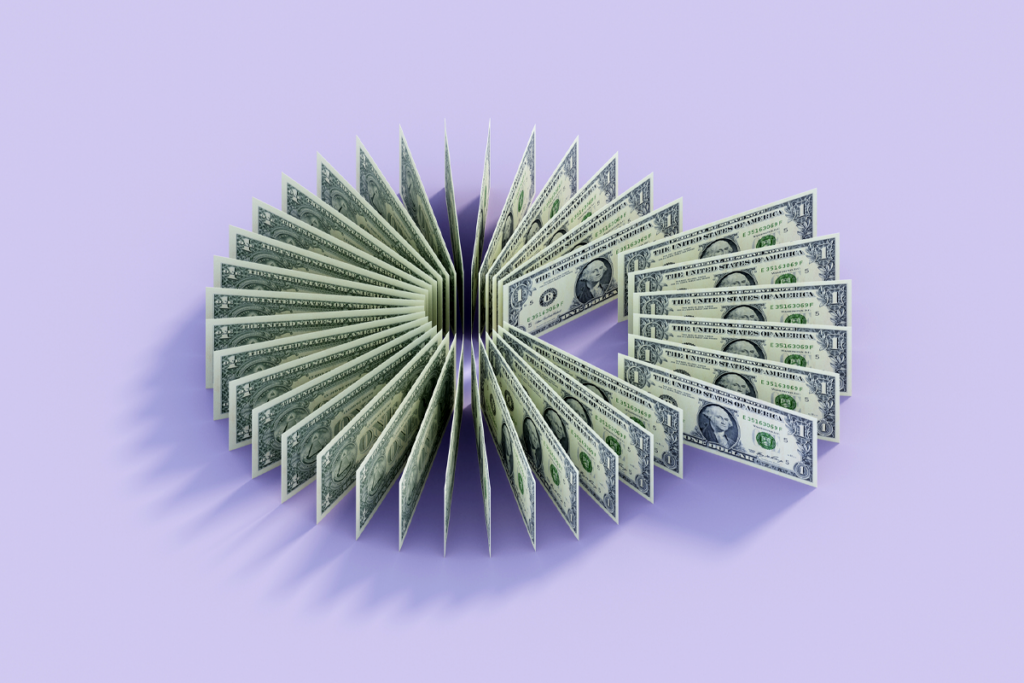
Quantifying funding sources across neuroscience labs
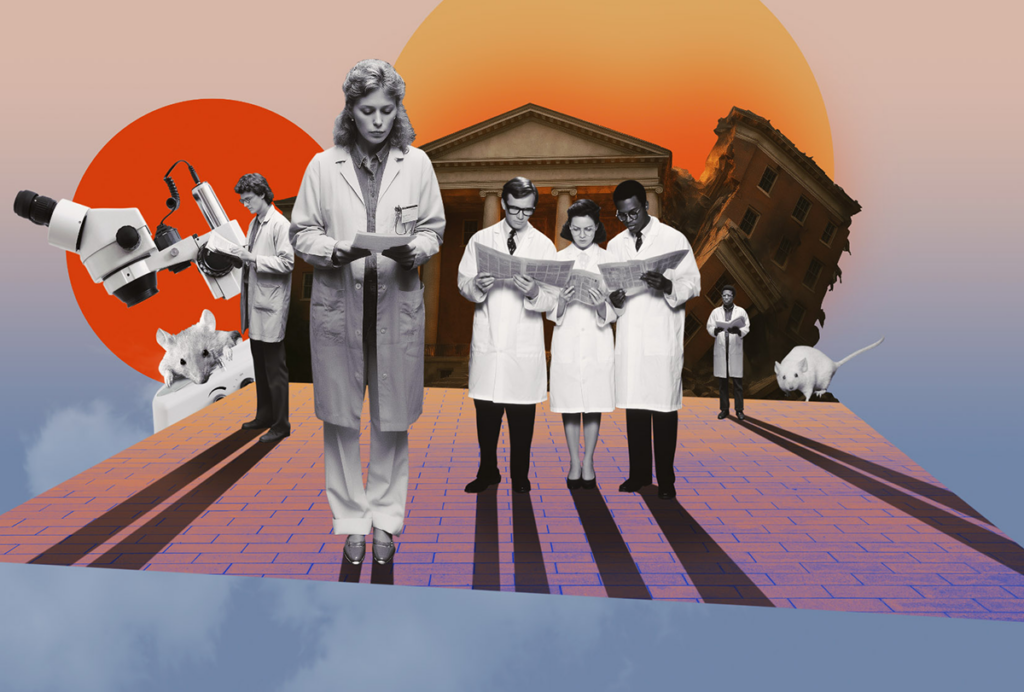
Fear and loathing on study section: Reviewing grant proposals while the system is burning

What U.S. science stands to lose without international graduate students and postdoctoral researchers
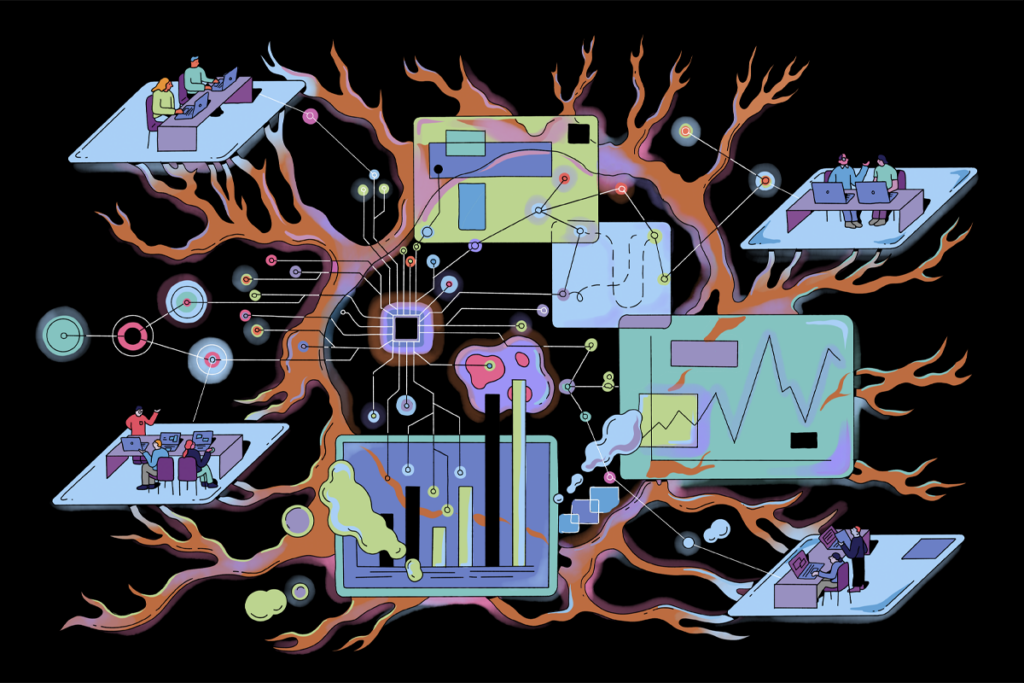
How to build a truly global computational neuroscience community
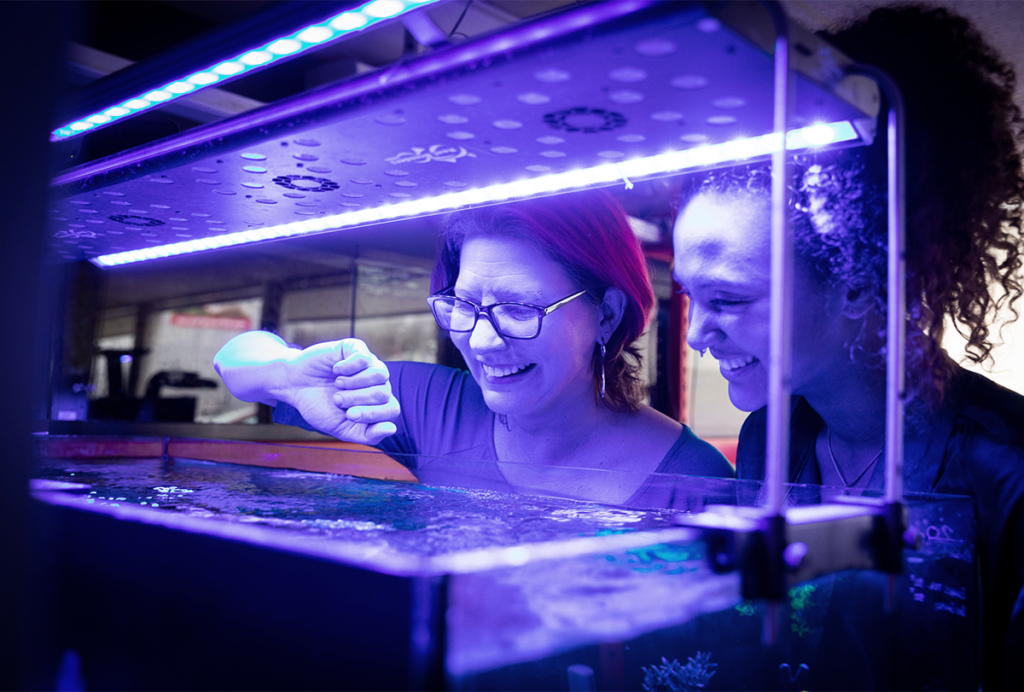
Cephalopods, vision’s next frontier
For decades, scientists have been teased by the strange but inaccessible cephalopod visual system. Now, thanks to a technological breakthrough from a lab in Oregon, data are finally coming straight from the octopus brain.
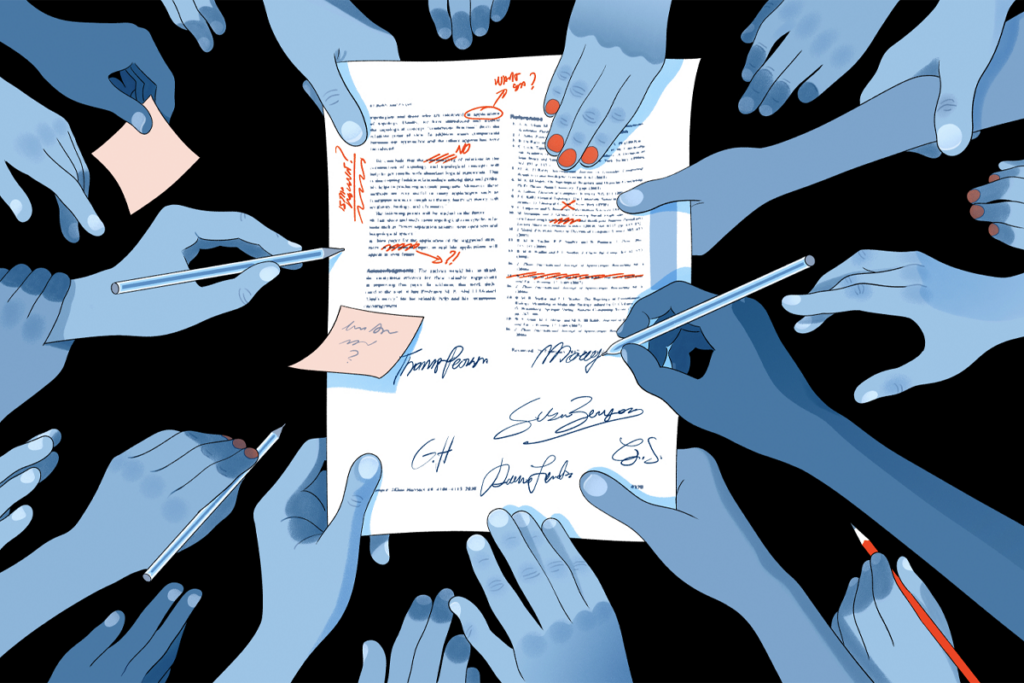
The last two-author neuroscience paper?
Author lists on papers have ballooned, and it’s getting hard to discern contribution.
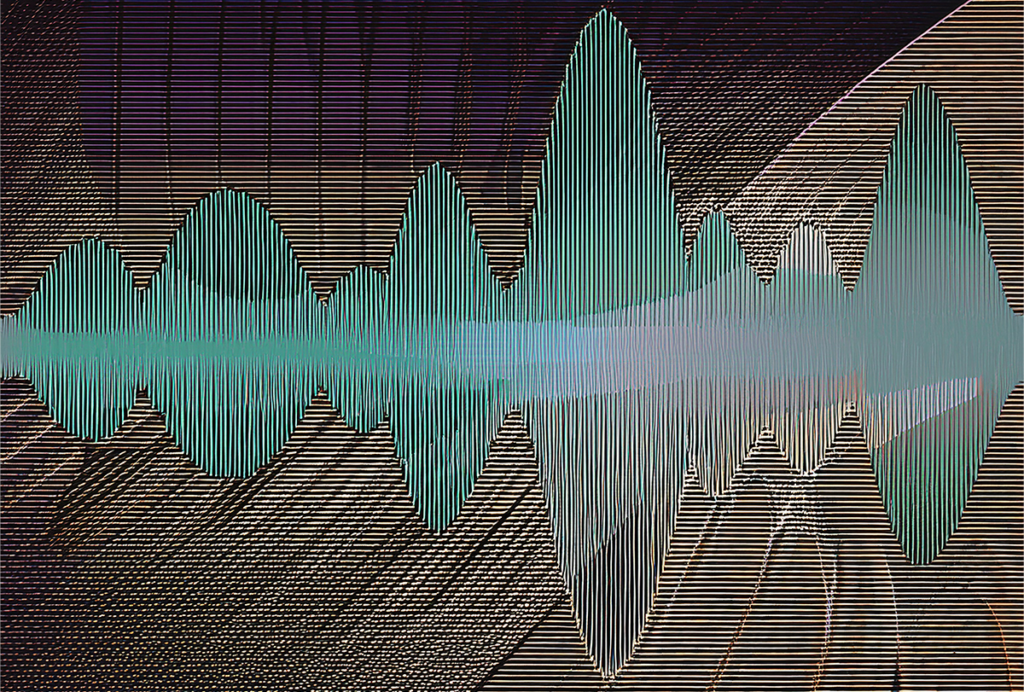
Keeping it personal: How to preserve your voice when using AI

From bench to bot: How important is prompt engineering?
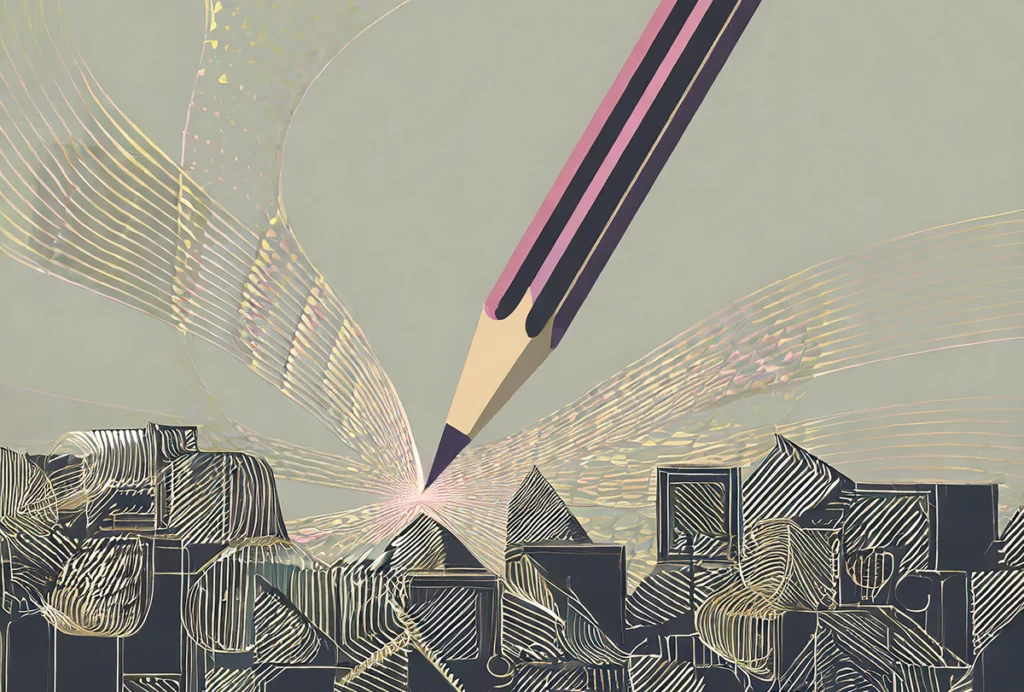
From bench to bot: Does AI really make you a more efficient writer?
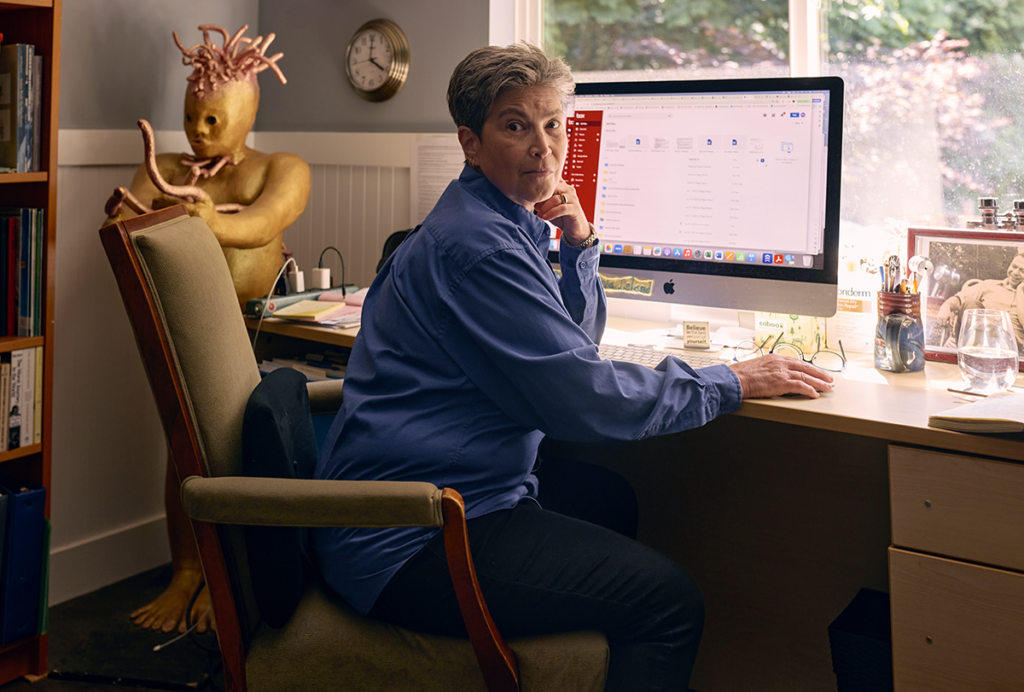
Up and out with Peggy Mason
Mason helped define the rodent prosocial behavior field, but now she’s changing course.
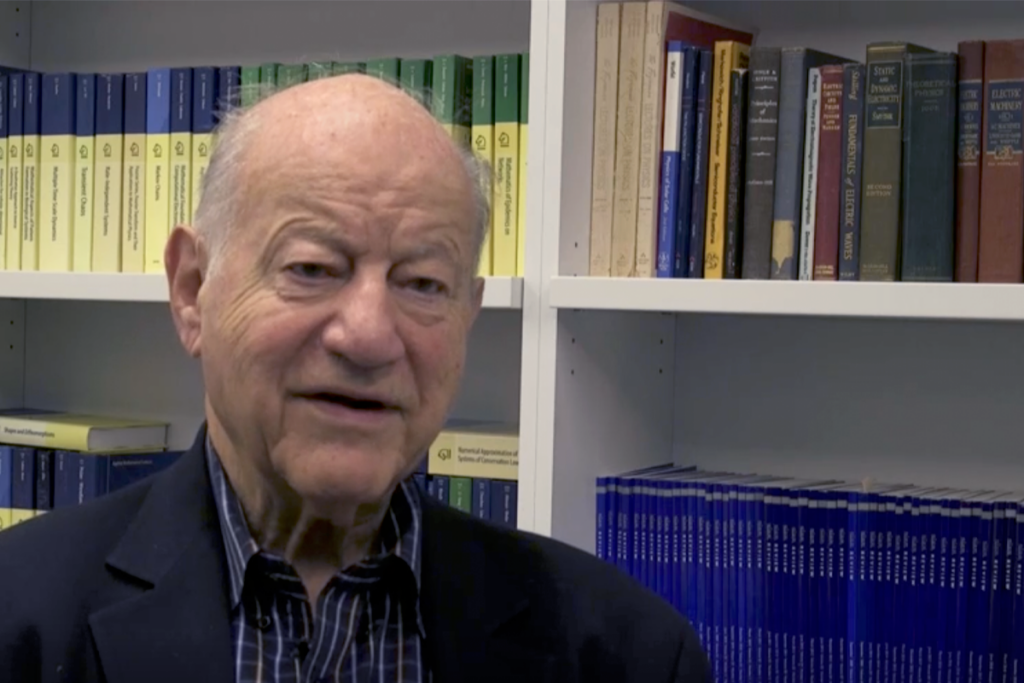
Neuroscientist Gerry Fischbach, in his own words
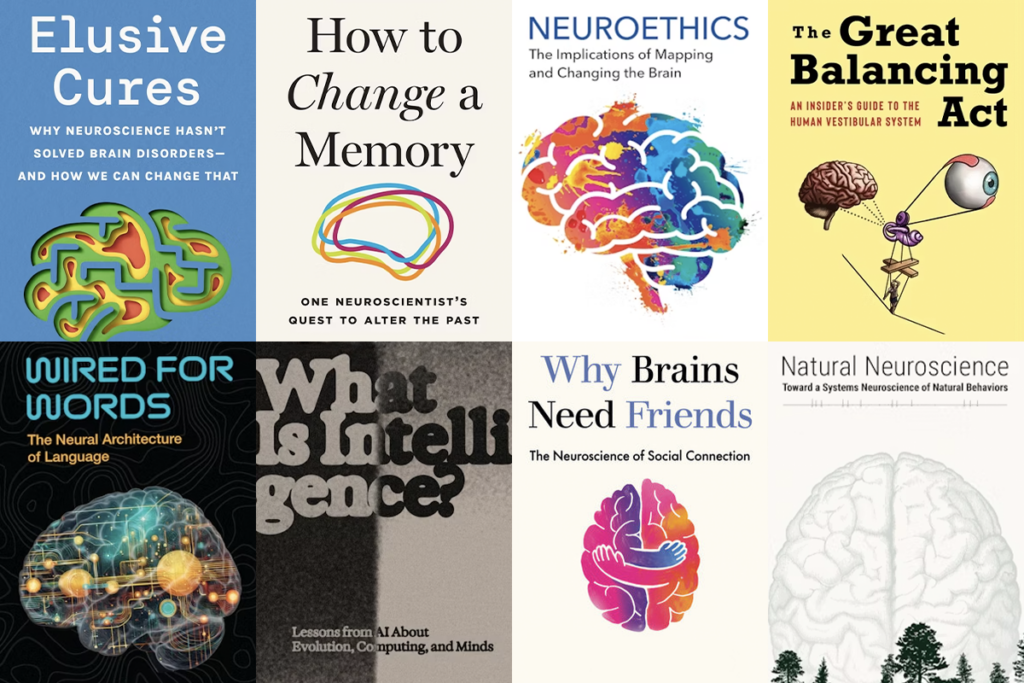
The Transmitter’s reading list: Six upcoming neuroscience books, plus notable titles in 2025
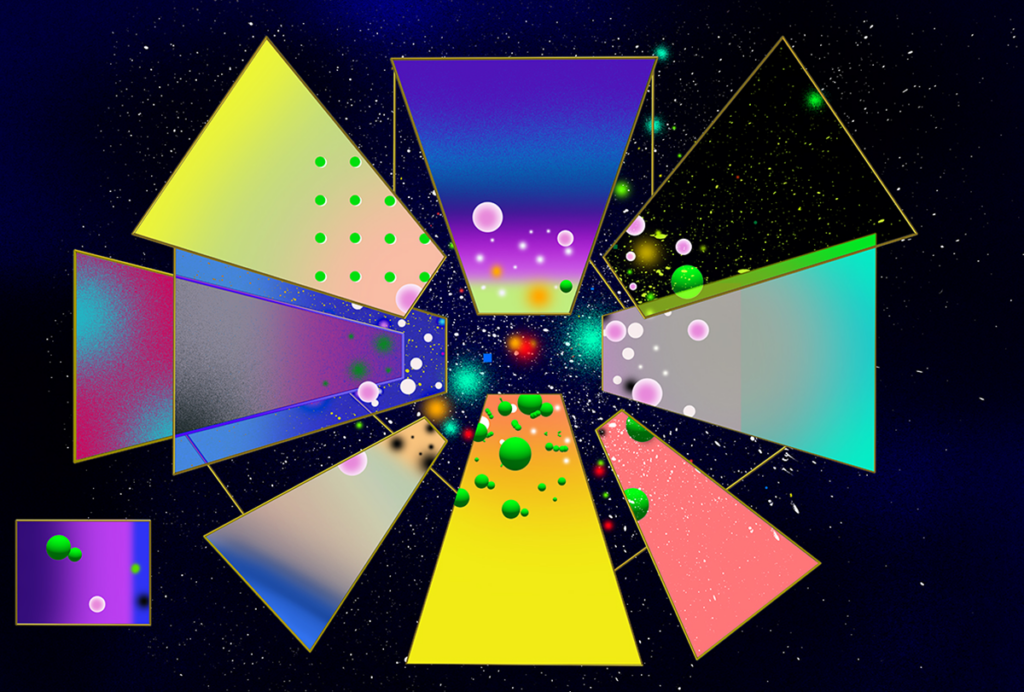
The challenge of defining a neural population
Body state, sensory signals commingle in mouse whisker cortex
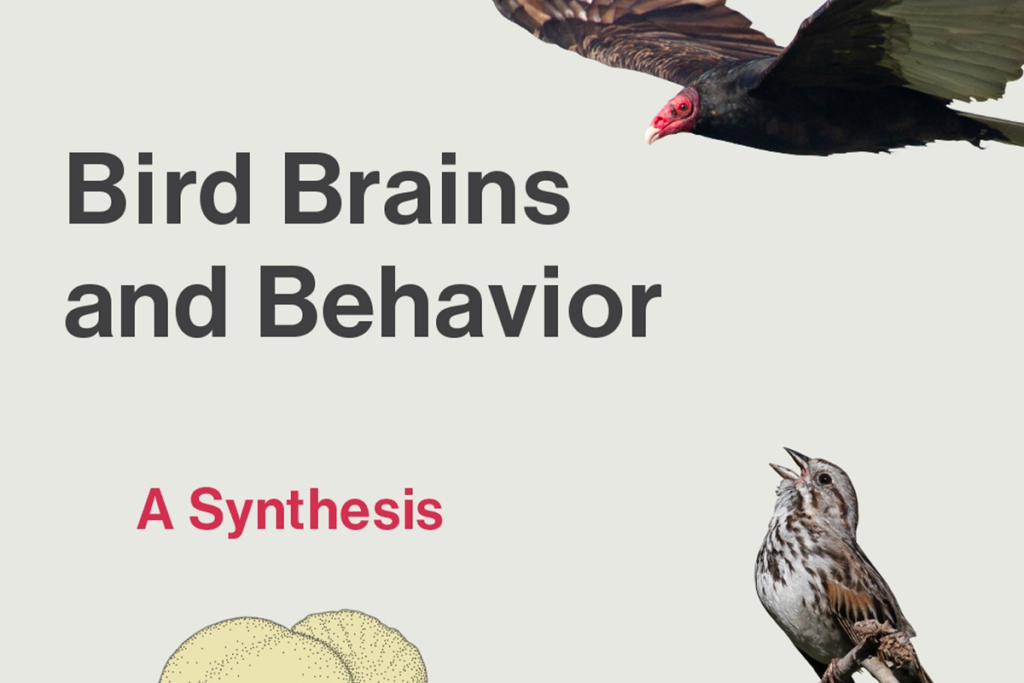
‘Bird Brains and Behavior,’ an excerpt
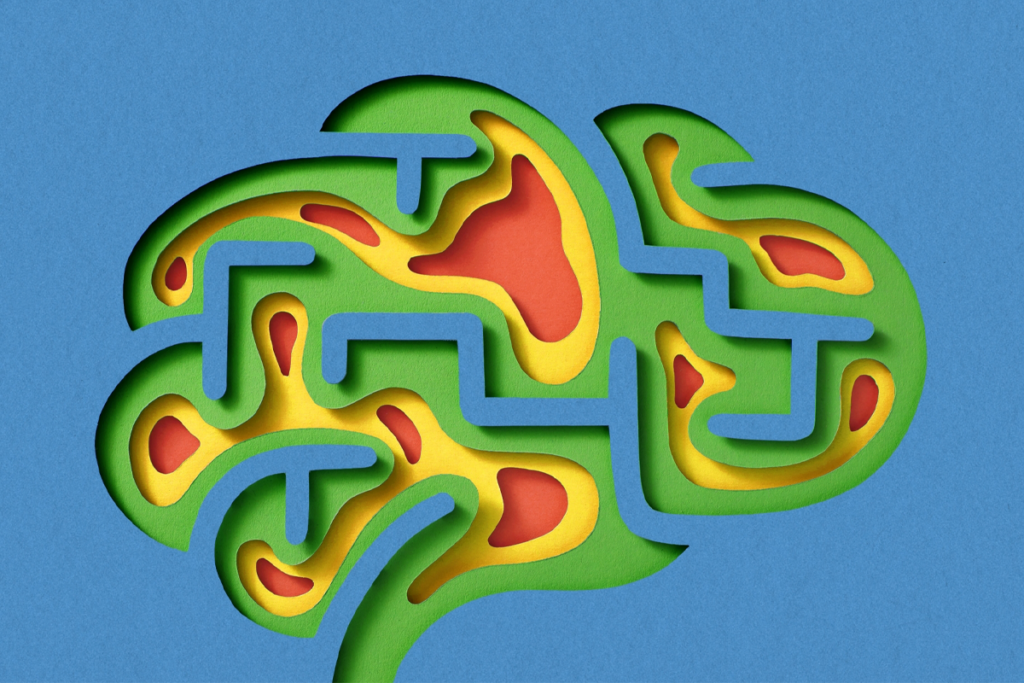
‘Elusive Cures: Why Neuroscience Hasn’t Solved Brain Disorders—and How We Can Change That,’ an excerpt

‘Natural Neuroscience: Toward a Systems Neuroscience of Natural Behaviors,’ an excerpt
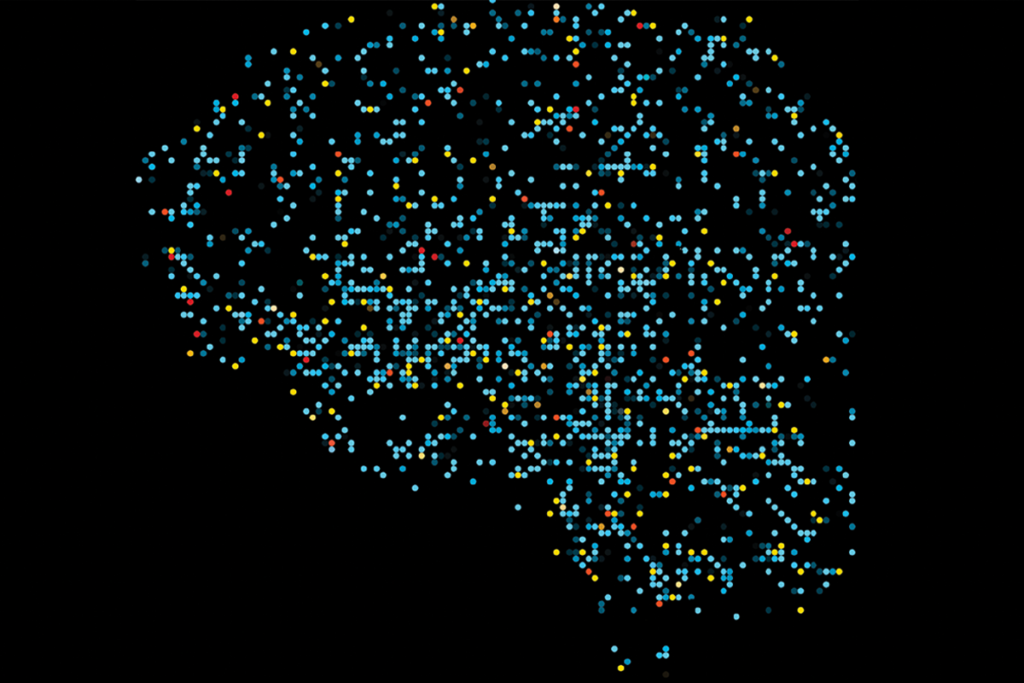
‘Bioethics and Brains: A Disciplined and Principled Neuroethics,’ an excerpt
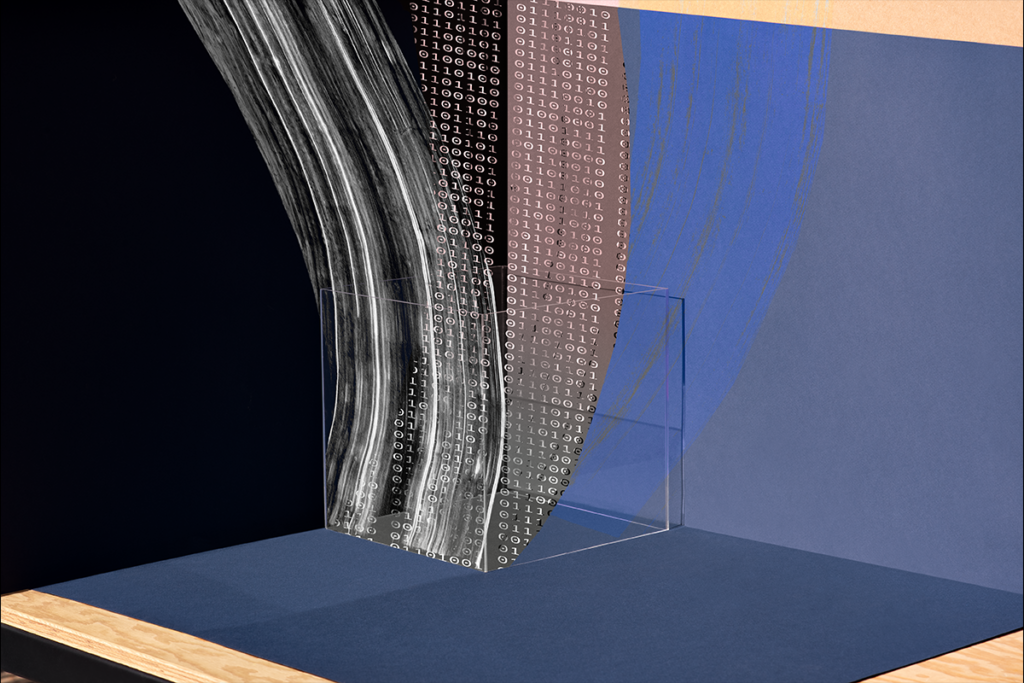
Accepting “the bitter lesson” and embracing the brain’s complexity
To gain insight into complex neural data, we must move toward a data-driven regime, training large models on vast amounts of information. We asked nine experts on computational neuroscience and neural data analysis to weigh in.
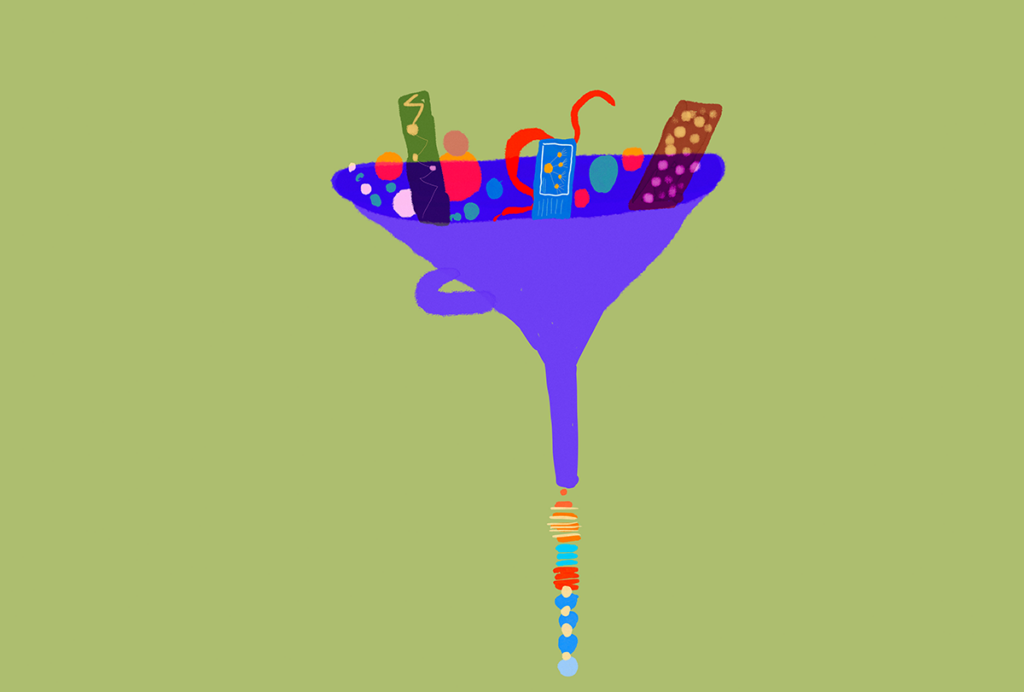
To keep or not to keep: Neurophysiology’s data dilemma
An exponential growth in data size presents neuroscientists with a significant challenge: Should we be keeping all raw data or focusing on processed datasets? I asked experimentalists and theorists for their thoughts.
